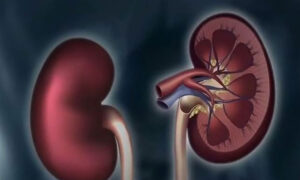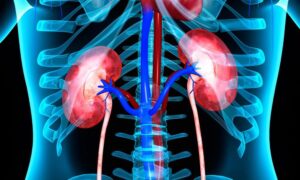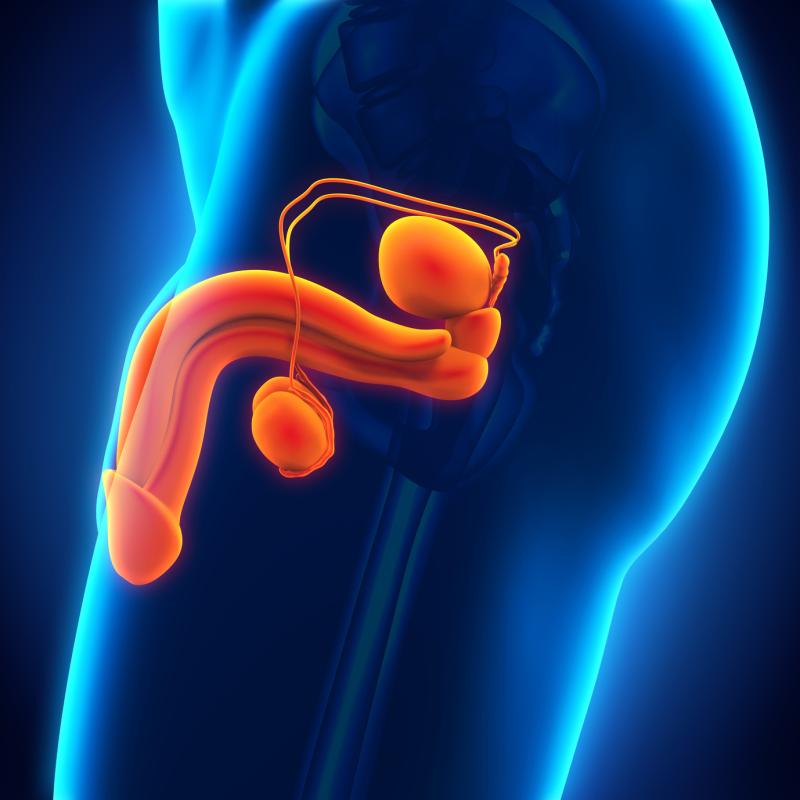Kidney Cancer Surgery
It is a type of cancer that starts in the kidney cells and is usually seen in older ages. One of the most common methods of treatment is surgical intervention. kidney cancer surgeryIt varies depending on the stage and location of the cancer and the general health condition of the patient.
Kidney cancer is a condition in which cells in the kidneys multiply uncontrollably and form tumors. Kidneys are organs located in the lower part of the body, on both sides, that filter blood and produce urine. Although it is usually seen in older ages, it can affect people of all age groups.
What are the Symptoms and Causes of Kidney Cancer?
 It is a type of cancer that starts in the cells of the kidneys and usually does not cause symptoms in the early stages. However, as the cancer progresses, some symptoms may appear. The exact causes are not fully known. Risk factors include some genetic and environmental factors.
It is a type of cancer that starts in the cells of the kidneys and usually does not cause symptoms in the early stages. However, as the cancer progresses, some symptoms may appear. The exact causes are not fully known. Risk factors include some genetic and environmental factors.
Blood in the urine is one of the most common symptoms. Constant or intermittent pain may occur in the kidney area. A palpable mass or swelling may occur in the area where the kidneys are located.
Deterioration in general health such as unexplained weight loss and loss of appetite is observed. Feels constantly tired and weak. Unexplained, intermittent fever occurs. Symptoms of anemia may also occur.
Smoking is the most important factor that increases risk. Being overweight also increases the risk. The risk is higher in people with high blood pressure. It is more likely to occur in people with a family history of the disease. Genetic disorders increase risk. As you get older kidney cancer symptoms is more likely to be seen. People who receive long-term dialysis treatment have a higher risk of developing the disease.
How is Kidney Cancer Surgery Done?
kidney cancer surgeryIt is a surgical procedure used to remove cancer and affected tissues. The type of surgery may vary depending on factors such as the stage of the cancer, its location in the kidney, and the patient's general health condition. The two main surgical methods used in modern medicine are radical nephrectomy and partial nephrectomy.
Radical nephrectomy involves removing the entire cancerous kidney. Often, it may also involve removal of the adrenal gland, surrounding fatty tissue, and lymph nodes in nearby areas. It is closed through open surgery or laparoscopic surgery.
Open surgery is the traditional approach and usually requires a larger incision. This method is preferred for large tumors or complex cases. Laparoscopic surgery is used for smaller incisions. The surgeon performs the procedure through a thin tube placed in the abdominal area.
Partial nephrectomy involves removing only cancerous tissue and some healthy tissue. This method tries to preserve the function of the rest of the kidney and is generally preferred for small tumors.
It is done using laparoscopic technique. Laparoscopic partial nephrectomy is performed through small incisions. The healing process is faster. Robotic-assisted surgery provides a more precise intervention and allows better control of the surgeon. This method is especially suitable for hard-to-reach tumors.
Recovery Process After Kidney Cancer Surgery
 kidney cancer surgery post- The recovery process may vary depending on the type of surgery and any complications encountered. The post-operative period can be both physically and emotionally challenging. Patients and caregivers need to be careful during this process.
kidney cancer surgery post- The recovery process may vary depending on the type of surgery and any complications encountered. The post-operative period can be both physically and emotionally challenging. Patients and caregivers need to be careful during this process.
Patients usually stay in the hospital for a few days after surgery. This period varies depending on the type of surgery and the patient's condition. Pain is normal after surgery. Doctors may prescribe prescription painkillers to manage pain.
It is important to avoid heavy lifting and strenuous physical activities in the first few weeks. It is important to keep the surgical area clean and dry. Doctors may give special instructions for wound care. A balanced diet and adequate fluid intake support the healing process. Follow-up appointments are necessary to make sure the healing process is progressing properly.
Cancer diagnosis and treatment can be emotionally challenging. Support groups, counseling, or therapy can help patients and their families. Quitting smoking, eating healthy and exercising regularly are effective in improving overall health. It helps reduce the risk of cancer recurrence. It is important to attend regular appointments to detect cancer recurrence early.
kidney cancer surgery The recovery process is different for each patient and may take time. Patients and caregivers need to follow doctor's recommendations carefully. It is important for them to seek support when needed. Early mobilization, balanced nutrition and regular medical follow-up play a critical role in this process.






